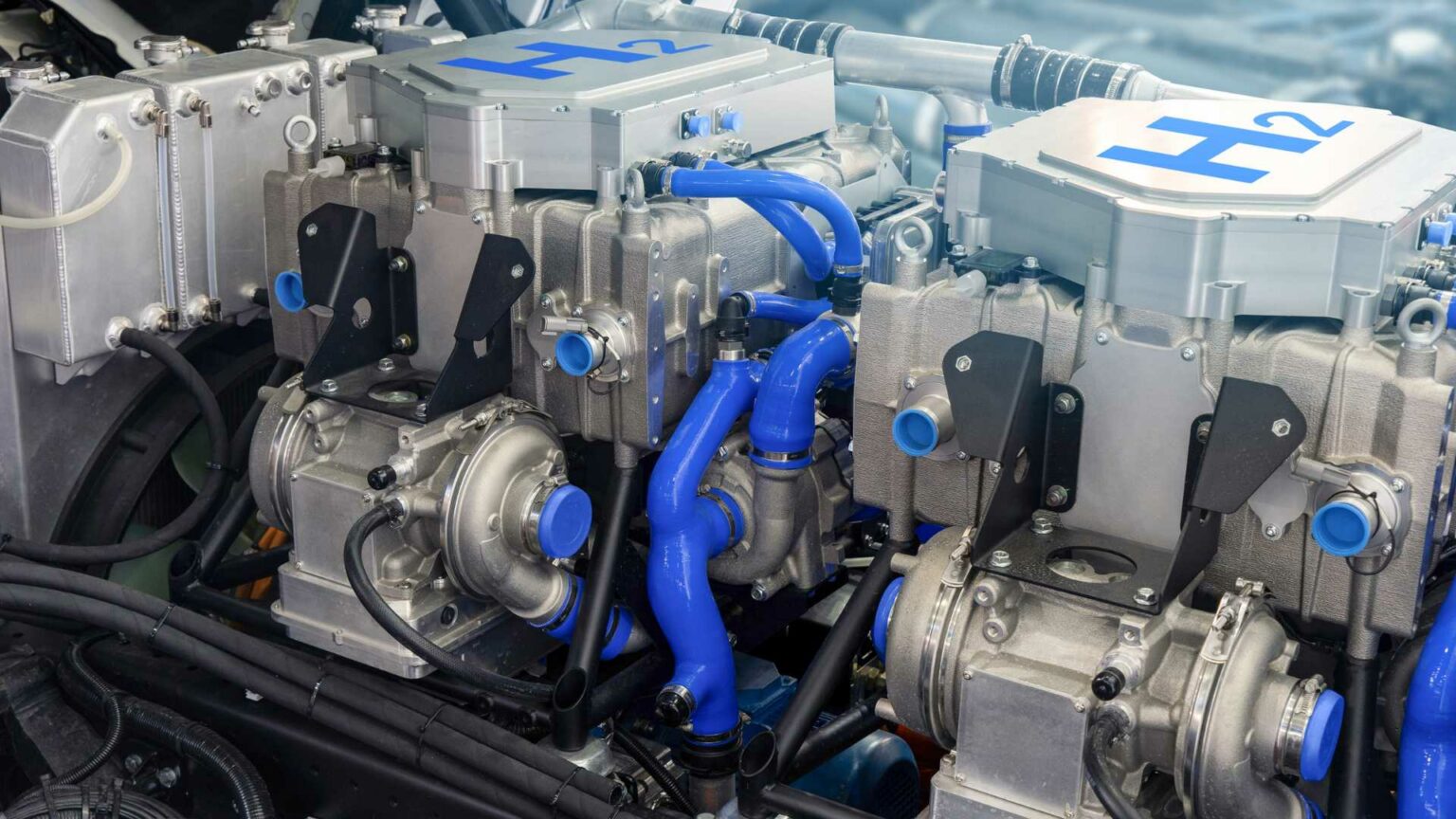A recent study published in the International Journal of Hydrogen Energy investigates the effects of varying hydrogen/ammonia mixing ratios on hydrogen engines’ combustion and emission performance. The research conducted by Shuman Guo, Zhichao Lou, Fujun Huang, Lijun Wang, Haichao Liu, Zhonglan Hou, Zhenzhong Yang, and Xu Zhang offers new insights into optimizing hydrogen engines for cleaner energy production.
Hydrogen is widely regarded as a promising alternative energy source with the potential to reduce greenhouse gas emissions significantly. However, improving hydrogen combustion efficiency and minimizing emissions are critical challenges. This research addresses these challenges by examining how varying hydrogen and ammonia ratios impact engine performance.
Key Findings
According to the abstract, the study reveals that adjusting the hydrogen/ammonia mixing ratio and different fuel injection timings notably affects the combustion characteristics and emission outputs of hydrogen engines. Researchers could determine optimal conditions that balance performance and emissions with systematic experimentation.
Potential Applications
The findings of this research have multiple potential applications, especially in developing more efficient hydrogen-powered vehicles. Enhanced combustion performance and reduced emissions present a viable pathway to making hydrogen engines more commercially attractive. Furthermore, the insights gained can be applied to various hydrogen-dependent technologies, from power generation to industrial machinery.
Technical Details
The research involved experimenting with different hydrogen/ammonia mixing ratios and injection timings in a controlled engine environment. Technical parameters such as combustion efficiency, peak pressure, and emission levels of nitrogen oxides (NOx) and other pollutants were meticulously measured. These detailed methodologies enabled the researchers to draw precise conclusions about the impact of fuel mixing ratios on engine performance.
Broader Implications
This study’s broader implications indicate that optimizing fuel mixtures could make hydrogen engines more efficient and environmentally friendly. The research contributes to the ongoing quest for sustainable energy solutions, highlighting innovative fuel combinations’ role in advancing the hydrogen economy.
The key takeaways are:
– Varying hydrogen/ammonia ratios can significantly influence engine performance and emissions.
– Optimizing fuel mixtures and injection timings can lead to more efficient and environmentally friendly hydrogen engines.
– These findings support the broader goal of enhancing the viability and adoption of hydrogen as a clean energy source.
This research sets the stage for further exploration into hybrid hydrogen fuel technologies, paving the way toward more sustainable energy solutions in the future.
